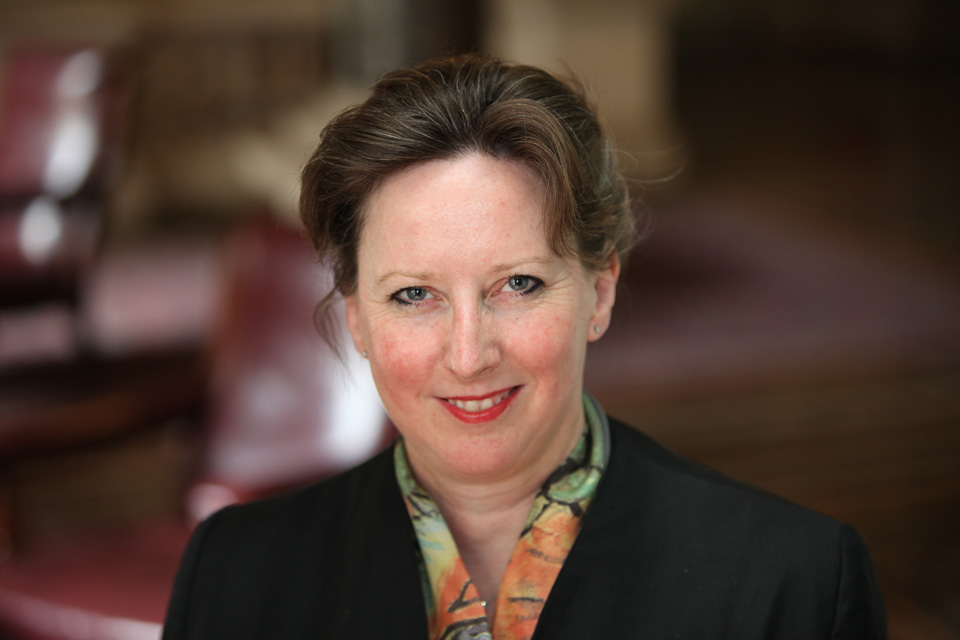United Kingdom's perspectives post-COP21
Ambassador Fiona Clouder delivered a speech at post-COP21 networking event held in Santiago, Chile.

Ambassador Hammer, Professor Scott, Members of the Corporate Leader’s Group, ladies and gentlemen.
I am grateful to the CLG and the Harvard Law School for the invitation to address you this evening. It is right that we all reflect on the “historic” outcomes of the COP21, but most importantly, focus on how we intend to implement the measures we have agreed upon.
The British Embassy is supporting the Chilean Chapter of the Corporate Leaders Group on climate Change (CLG) since its creation after the visit to Chile of His Royal Highness the Prince of Wales in 2009.The Chilean chapter is modelled after the UK Chapter, the Prince of Wales’s Corporate Leaders Group (CLG).
Prior to the COP21, we were fortunate to have two renowned UK climate change experts, Sir David King and Lord Nicholas Stern, visit Chile. These visits provided the opportunity to share some of the UK’s experience in developing the political, economic and social frameworks in favour of climate change action. In particular, one of Sir David King’s key messages to local stakeholders emphasised how the private sector needs to partner with Government to bring about ambitious climate action.
The agreement reached in Paris marks a clear turning point towards a sustainable and low carbon future. As Prime Minister David Cameron said “this global deal now means that the whole world has signed to play its part in halting climate change. It’s a moment to remember and a huge step forward in helping to secure the future of our planet.”
In particular, the Paris deal clears the way for the private sector to drive a long-term solution by investing in low carbon transition. In the UK, we already have a clear long-term approach. We have a legally-binding 80% emissions reduction target for 2050 and legislation -the Climate Change Act – which introduces 5-year carbon budgets, set 12 years in advance. This system allows us the flexibility to keep costs low while giving long term certainty to business.
The UK is already benefitting from the transition to a low carbon economy. In 2013 the UK’s annual turnover in this sector was £122 billion – the equivalent to twice that of our car manufacturing and food and drink industries
UK businesses have also welcomed the deal. We saw many examples in Paris where businesses and investors made billions of pounds worth of commitments to a low carbon economy, including the insurance sector collectively investing over $100 billion in smarter risk and resilience projects.
Additionally, one of the main announcements of the COP 21 events included the launch of the Mission Innovation initiative by President Obama, President Bachelet and Prime Minister Cameron, together with heads of state from 17 other countries in collaboration with 27 private sector investors. Through Mission Innovation, these actors pledged a doubling in low carbon innovation– a great example of the public and private sector coming together.
We have long said that Paris is not a one-stop, top-down treaty where Governments ‘solve’ the problem of climate change.
Through the collective participation of its members, initiatives like the CLG should and can have a key role towards driving long term solutions and accelerating the transition to a low carbon economy in Chile. Tonight’s event is a great example of how we can encourage more members of the private sector to participate in dialogues, collective actions and networks that will support a more sustainable and low carbon future for Chile and the world.
Thank you.